The views expressed in our content reflect individual perspectives and do not represent the authoritative views of the Baha'i Faith.
What makes a man’s finest hour? To find out, let’s first consider a key figure from a period of history I’ve long been fascinated by: the Second World War.
American commander General George S. Patton cut a larger-than-life figure during that war – brash, bold and decisive. He embraced the warrior’s code of chivalry and honor, and viewed the war as a grand test of his skills and an opportunity for glory.
Patton’s finest hour came during what became known as the “Battle of the Bulge,” a last-ditch German counteroffensive on the Western front that lasted from December 16, 1945 to January 25, 1945. Catching the Allies unaware, the Germans amassed forces in the Ardennes Forest in Eastern Belgium and waited for foul weather to negate Allied air superiority. Spearheaded by experienced Waffen SS armored units commanded by the icily efficient Col. Joachim Peiper, the Germans surged forward and smashed into the Anglo-American lines. The heaviest blows fell against American troops; mostly a mix of green replacements that had never seen combat and harrowed veterans already exhausted from months of brutally pitched fighting in the Hurtgen Forest.
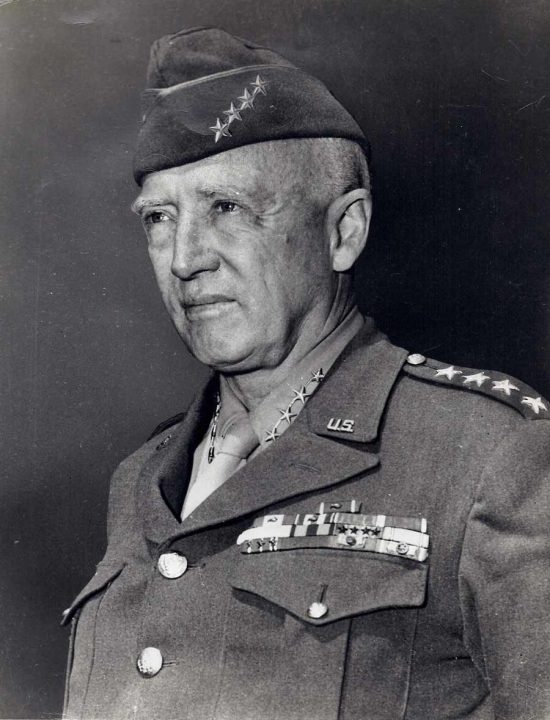
With the situation becoming increasingly desperate by the hour, Patton took initiative and executed the seemingly impossible task of turning his entire Third Army in record time to meet the threat, thereby essentially sealing the fate of the Third Reich’s war machine in the West. No other commander could have been better suited to the time, place and circumstances. Where others might have felt overwhelmed, he took action, assumed the risk and let the consequences be what they may. It was Patton’s finest hour.
Now, let’s consider the decidedly different case of another man in his finest hour.
Fred Rogers is fondly remembered as gentle, soft-spoken and immensely kind. He was, at least on the surface, everything Patton was not. But calling Rogers a weak man would be a grave mistake. He displayed not only compassion and kindness, but profound moral courage. Though an ordained Presbyterian minister, he devoted much of his adult life to his television program, “Mr. Rogers’ Neighborhood,” which was geared toward children, but also conveyed important lessons to adults.
On May 9, 1969, Episode 195 of the show aired; containing Rogers’ finest hour.
At a time when American society still openly practiced racial segregation, Rogers had cast a black American man, Francois Clemmons, to play the policeman “Officer Clemmons” on his show. During this episode, Rogers sat cooling his feet in a wading pool – a method people used to beat the heat in the days before air conditioning became more commonplace. As Officer Clemmons strolled by, Rogers invited him to take off his shoes and share in the pool’s cool relief. Then, in a truly Christ-like gesture, he washed the other man’s feet.
Given the entrenched social order of the day, even having a black man cast in a role of authority – as a police officer – was a bold move on Rogers’ part. But to have him share such an intimate space and offer a gesture of servitude toward him was positively unprecedented. Outwardly, this had been merely just another pleasant moment on a serene children’s television program. But the intellectual and spiritual shock waves it sent through the racist status quo of American society were as immense and shattering as Patton’s full fury in battle.
Where others would have hesitated or shrunk away, Rogers decisively confronted injustice by example, regardless of consequence. He moved as boldly against society’s prejudice and bigotry as Patton had against Peiper’s panzers.
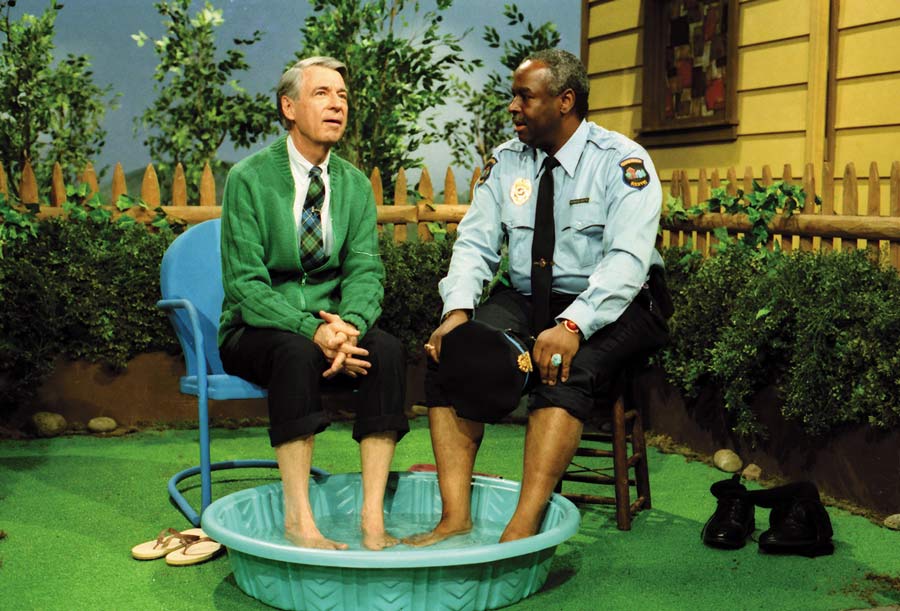
Considering these two examples of courageous men in their finest hours, let’s now consider how masculinity might look as we move closer toward humanity’s eventual maturity.
The teachings and principles of the Baha’i Faith indicate that the need for physical brutality, already waning considerably around the world, could all but disappear in the future. As Abdu’l Baha said:
The world in the past has been ruled by force, and man has dominated over woman by reason of his more forceful and aggressive qualities both of body and mind. But the balance is already shifting; force is losing its dominance, and mental alertness, intuition, and the spiritual qualities of love and service, in which woman is strong, are gaining ascendancy. Hence the new age will be an age less masculine and more permeated with the feminine ideals, or, to speak more exactly, will be an age in which the masculine and feminine elements of civilization will be more evenly balanced. – Abdu’l Baha, as recounted by J.E. Esslemont in Baha’u’llah and the New Era, p. 149.
This indicates not only that women will take a more prominent role as humanity finally achieves true equality between the sexes on a global scale, but that men will have embraced a more civilized, non-violent mentality and way of conducting ourselves. We can look to Mr. Rogers as one example of humble moral fortitude and gentle character.
Still, it’s a misconception to suppose this means men must become soft or cowardly. There will still be a need for the best qualities Patton displayed – courage, decisiveness and boldness of action. It’s just that there will be little, if any, place for these qualities to manifest themselves in violent action. Even setting aside for a moment the obscene immorality of war, the sheer pragmatic reality of our situation as species demands we evolve past it. Our world has become too complex and too interconnected – and the destructive power of our weapons far too immense – to make warfare between nations a practical option. Even what might begin as a relatively small conflict between two nations that each wield thermonuclear weapons could end up effectively devastating civilization on a global scale.
But again, this hardly means there won’t be a use for the true warrior’s spirit, as carried by men such as Patton. Even with exponential advances in technology, not everybody will be relegated to office work. A complex, global civilization will demand infrastructure on a titanic scale. We’ll need plenty of people – men and women alike – who relish and excel at physically demanding work, often in adverse conditions and sometimes dangerous. Moreover, as we continue to venture beyond our planet and ever further into space, we’ll see an increasing demand for those with undaunted fortitude, willing to face untold peril, take bold action and solve problems on the fly while under immense pressure – just as Patton did at the Bulge.
In sum, I think we can look forward to a world in which every man can tap into both his inner General Patton and his inner Mr. Rogers. Masculinity isn’t being pushed into a corner, as some seem to fear; it’s being given the chance to expand to an extent we have only scarcely begun to grasp.


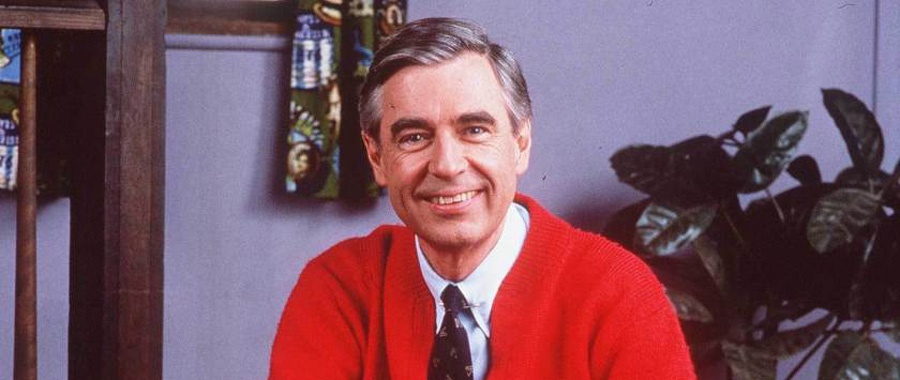

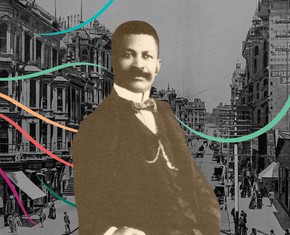
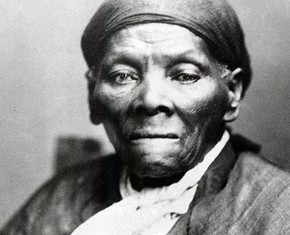










Comments
Sign in or create an account
Continue with Googleor